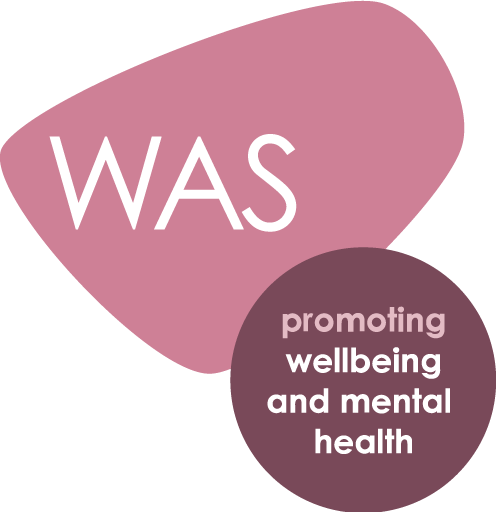A school's mental health lead is someone who can facilitate grassroots change. This means building resilience, improving communication and gaining trust.

It’s a sore but well-known fact that the demand for mental health support in schools is greater than the capacity of external services. When, at last week’s conference, one delegate confessed that her school was only on a three-day waiting list for CAMHS, the envy in the room was almost palpable.
Without external support readily available, the responsibility falls on schools to prevent low-level cases deteriorating and, however possible, overcome a 'mental health crisis' that seems to be spiralling out of control.
In this climate, being a school's mental health lead might sound like an arduous task. You won't necessarily hold a qualification in mental health, the role itself might not have a description and it may feel that the buck stops with you.
In reality, taking on the role means taking ownership of the opportunities your school can embrace to improve mental health across the board, through tailored interventions, innovative projects and meaningful conversations.
Do you have what it takes to be your school's mental health lead? The answer: most likely!
The first responsibility of any mental health lead should be to find out what matters to your school community. What are your students' concerns, and how consistently are they being met?
'No one knew where to go', admitted Clare Erasmus (@cerasmusteach), explaining why her development of a mental health and wellbeing programme at the Magna Carta School began with consultations. Holding focus groups with each year group proved to be an effective way of identifying the school's mental health 'assets' and 'deficits'.
Even if your first impulse as a new mental health lead is to carry out the first intervention strategy you think might work, you should take the time to delve a little deeper. If you don't, your interventions will be scattershot and ineffective.
The worst mistake a mental health lead can make is taking 'off-the-shelf' intervention strategies, scores of which have been designed by other schools, charities and organisations, without giving any thought to how suitable they are for your pupils.
In some cases, it may be more beneficial to go entirely off-piste and develop something new.
Take apps for an example. Apparently, there are over one quarter of a million apps that have been specifically designed to support wellbeing. In her keynote, Nina Jackson (@musicmind) offered a few of her personal favourites: Smiling Mind, Headspace and Mindshift.
But at Magna Carta, even that many apps weren't enough. Instead, Clare decided to involve the students themselves in designing an app that reflected the issues they felt were most important. This allowed for something a ready-made piece of kit couldn't: convincing students to feel that they were valued members of the school community.
Whether it's after-school yoga, a chill-out room or cake baking, it's important to take inspiration from the interests and ambitions of those young people whose lives you are working to improve.
They say you can't pour from an empty cup, and for mental health leads that truth is twofold. Without looking after your personal wellbeing, you're less likely to meet the emotional needs of colleagues. Equally, how can you hope to fulfill the school's vision of providing a healthy, caring environment for students if you're feeling overwhelmed on a daily basis?
In her afternoon session, Nina touched on the importance of R&B – that's 'rest and balance', to the music critics out there. Everyone has their own aspirations: travelling to Tibet, learning to dance or getting lost in a good book.
If you neglect these, you are essentially denying yourself the healthy work-life balance that is essential, not superfluous to the impact you have on your students.
It’s time for #oeMH17! Head over to the Optimus Education stand to pick up your free ‘12 ways to boost your wellbeing’ poster #mentalhealth pic.twitter.com/m0HXPEuUTg
— Optimus Education (@OptimusEd) November 8, 2017
This is by far the most important quality of a mental health lead. No amount of guesswork or internet research will fully prepare you for what your students are thinking. But time and time again, young people express a desire to be listened to by someone who cares.
The golden rule is that if it’s a major deal for them, it’s a major deal for you.
 Demonstrate impact
Demonstrate impactLooking to demonstrate a commitment to promoting wellbeing as a fundamental part of your school life?
Developed in partnership with the National Children's Bureau, the Wellbeing Award for Schools leads you through a simple process of self-evaluation, action planning and accreditation.